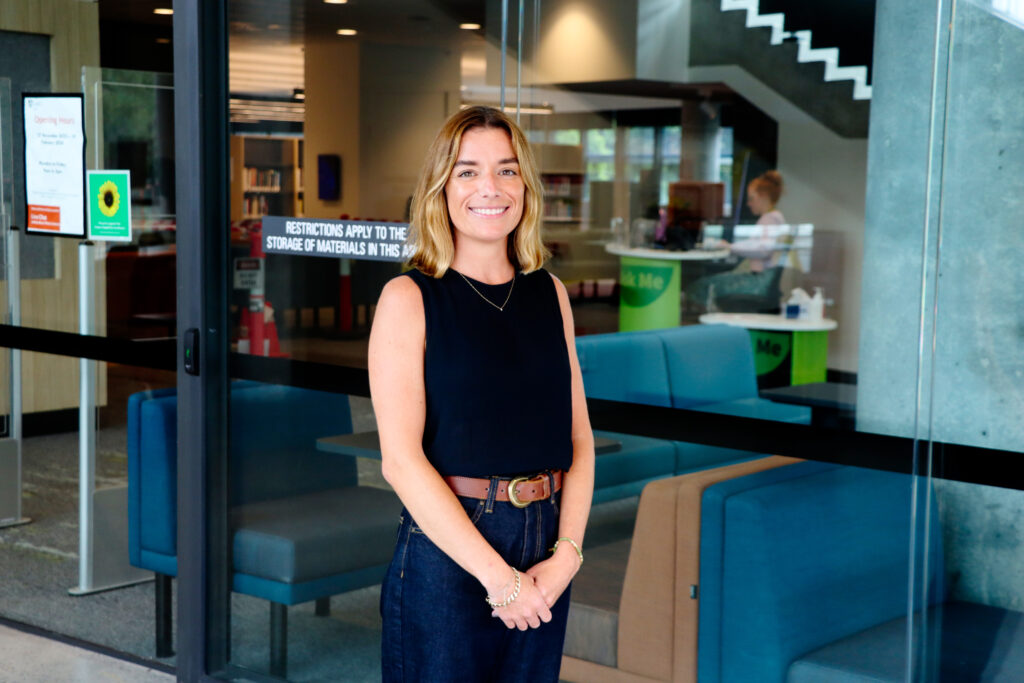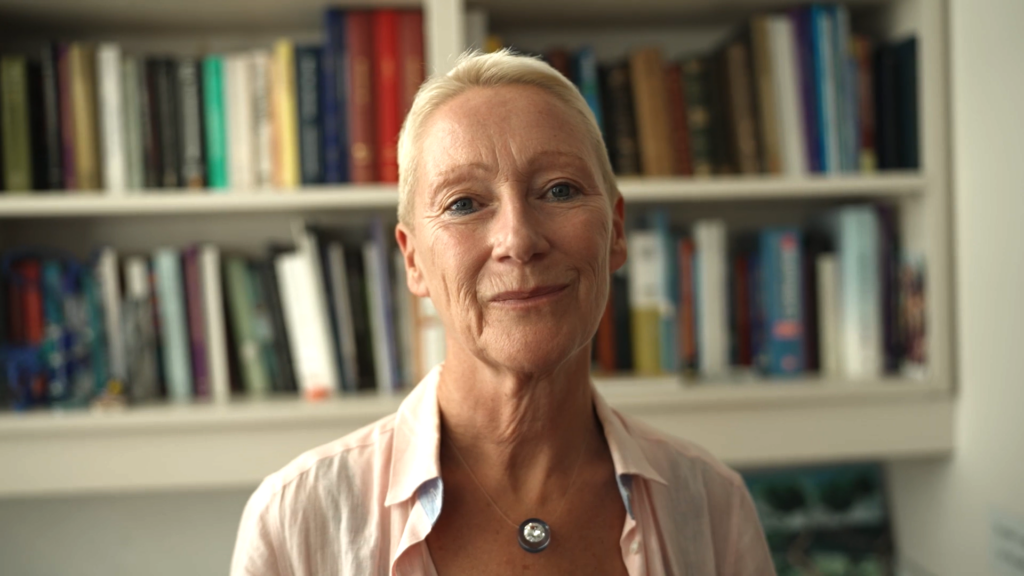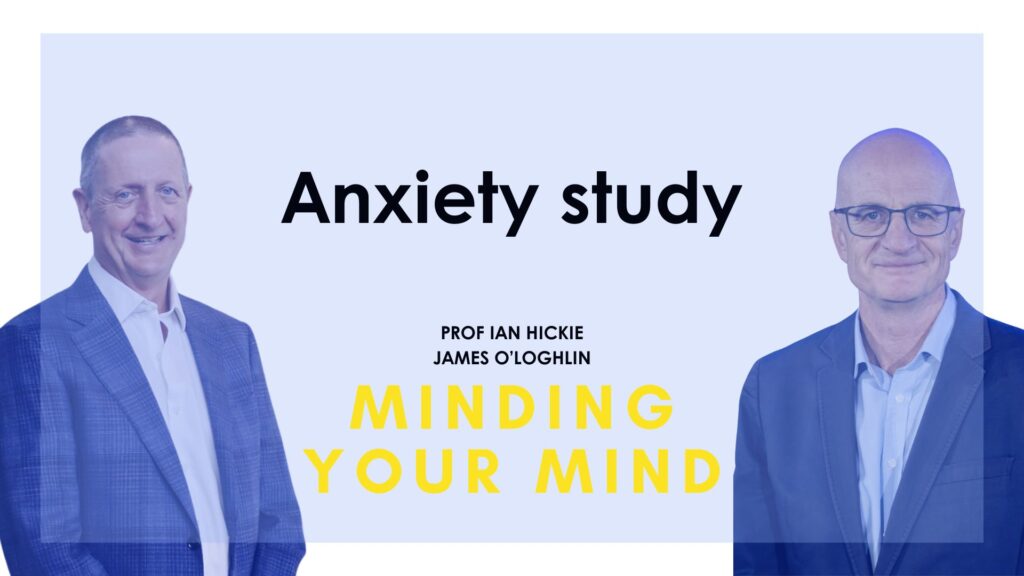Watch this short video featuring Living with Anxiety (LwA) study Co-Investigator, Principal Research Fellow & Academic Lead, Brain & Mind Centre, Associate Professor Elizabeth Scott, Sydney, reflecting on the hereditary link of anxiety in families.
Anxiety disorders are surprisingly common, yet much remains unknown about why some cases become chronic and severely disabling.
“We don’t really understand what happens when people develop persistent, chronic or recurrent anxiety that becomes really disabling.
“About 40% of people will experience an anxiety disorder in their lifetime. And about half of those will experience a very severe disorder that requires proper assessment and treatment. So it’s very common,” said A/Prof Scott.
A/Prof Scott explains that anxiety can co-occur with other mental health disorders.
“It commonly occurs with depression. It can occur with alcohol and substance disorders. It occurs with other, more serious disorders like bipolar disorder or schizophrenia. So it’s a very common component of many other mental health conditions,” said A/Prof Scott.
A/Prof Scott explains that anxiety often runs in families, but it’s not just genetics – life experiences, stress, and overall health can all contribute to a person’s risk of developing an anxiety disorder.
“Anxiety runs in families. You don’t necessarily have the same anxiety disorder. It can be different. But that is a very common experience. So anxiety runs in my family for instance.
“Obviously, things like adverse life experiences, childhood trauma or abuse, having, you know, difficulties in life early in life or experiencing a lot of life, stress or strain can increase your vulnerability to anxiety. And then there are other conditions that you develop – physical health problems or other things that can affect your kind of overall health and wellbeing, that can also increase your likelihood of developing an anxiety disorder,” said A/Prof Scott.
If you have been diagnosed with, or treated for an anxiety disorder, please consider volunteering for the Living with Anxiety (LwA) study to help researchers identify the genes influencing a person’s risk of developing anxiety, and how well treatments work.
To volunteer, head to: livingwithanxiety.org.au or email lwa@qimrberghofer.edu.au.









